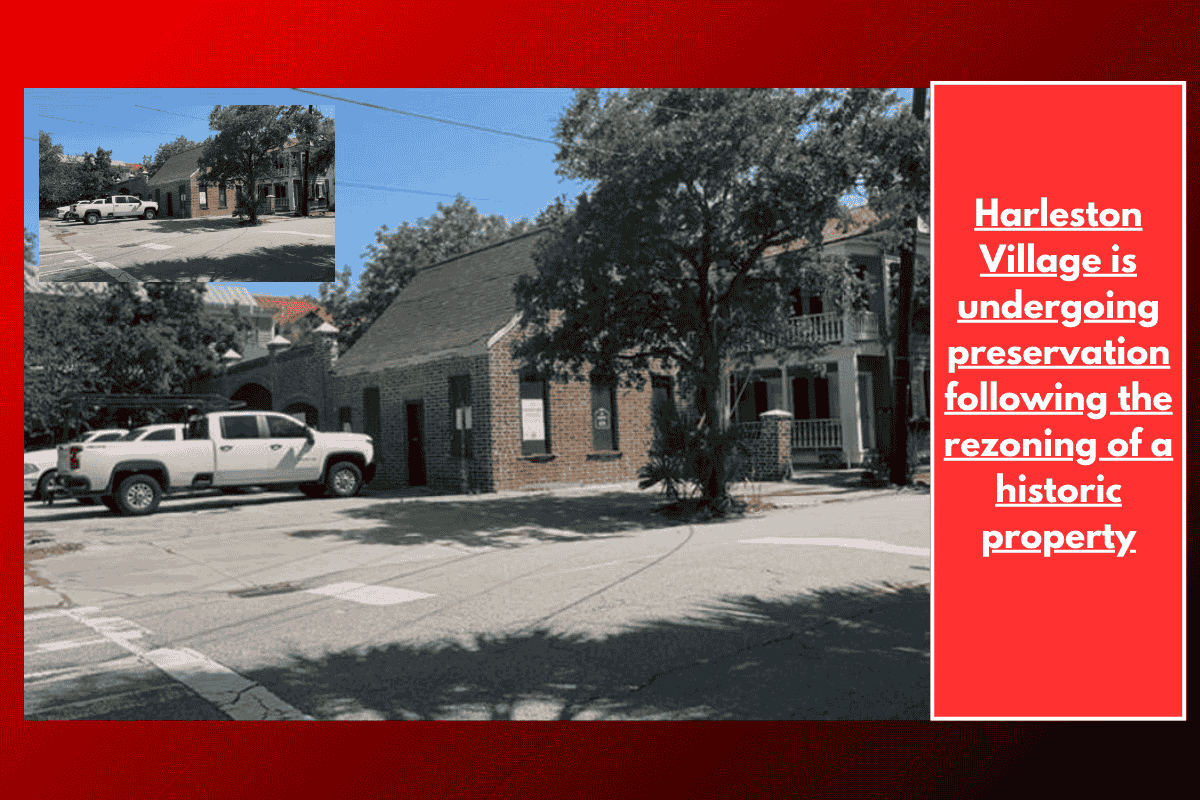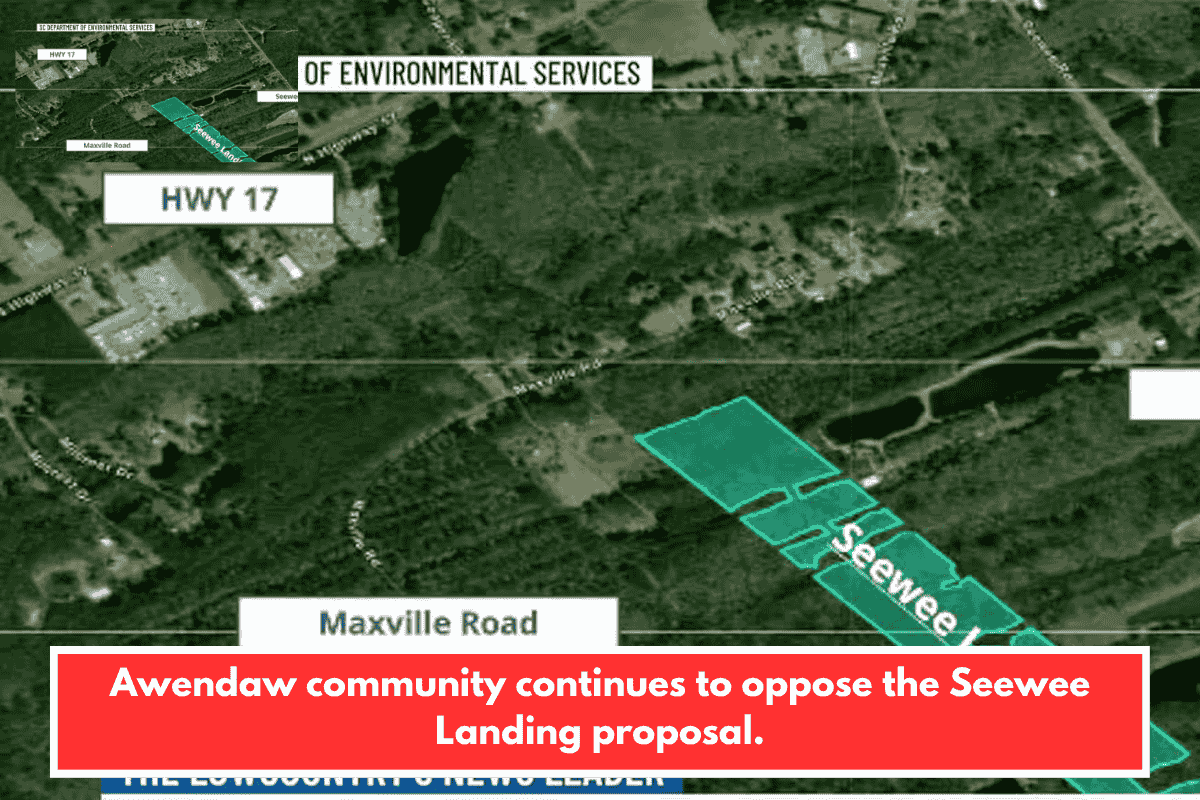Charleston, S.C. – A familiar corner in downtown Charleston is set to get a fresh new purpose after sitting vacant for decades. The old Phillips 66 gas station at the corner of Ashley Avenue and Wentworth Street is about to undergo a transformation, thanks to a recent decision by the city’s Board of Zoning Appeals.
A Historic Property with a New Lease on Life
The site, which dates back to the 1930s, has long been a part of the community, serving as both a gas station and a corner store. However, since the 1990s, the property has sat empty, with various proposals for its future facing significant opposition from the neighborhood.
According to Winslow Hastie, the president and CEO of the Historic Charleston Foundation, the previous owner had attempted several plans over the years. “At one point, they wanted to demolish it and build townhomes here. The neighborhood fought that. Then there was a cafe proposal that came forward. The neighborhood fought that,” Hastie explained.
After more than 30 years of zoning deadlock, the Historic Charleston Foundation stepped in, purchasing the property when it was on the brink of collapse. They worked to restore the building so that a new buyer could take over and put the space to good use.
A New Vision for the Corner
With new buyers under contract, the foundation pushed for the property to be rezoned back to its original commercial use, a decision that has now been approved. Supporters of the zoning change believe it will breathe new life into the site while preserving its historical value.
Soon, real estate offices and an interior design studio will call the corner of Ashley Avenue and Wentworth Street home. This revitalization is seen as a major win for the neighborhood, both in terms of preserving the area’s historic charm and providing valuable space for small businesses to thrive.
“I think having a viable tenant and user of this building is best for the neighborhood. It’s best for the property, and it exemplifies the power of preservation,” Hastie said.
Challenges of Zoning and Preservation
While this transformation is seen as a success, the process sheds light on some of the challenges developers face when dealing with properties like this. Hastie explained that one of the struggles is when commercial properties like the Phillips 66 site are rezoned residential. It becomes incredibly difficult to restore them for commercial use or even bring them back to their original purpose.
“It underscores one of the challenges when pro-commercial properties like this historic commercial property are rezoned residential,” Hastie said. “It becomes extremely difficult to restore any kind of commercial use, let alone the original use. I just think it’s a cautionary tale that we maybe need to really look at our zoning code and try to find ways to help facilitate the preservation and restoration of these buildings.”
Benefits of Mixed Spaces in Vibrant Cities
The Historic Charleston Foundation argues that vibrant cities like Charleston benefit from a mix of spaces, even in residential areas. Their Preservation Plan emphasizes the importance of having diverse commercial spaces on the Lower Peninsula, something that helps foster a healthy economy and community.
By revitalizing and repurposing a historic site, Charleston is ensuring that small businesses can continue to thrive while maintaining the city’s unique charm. The successful revitalization of the Phillips 66 site serves as an example of how preservation can help revitalize neighborhoods without sacrificing history or community identity.









